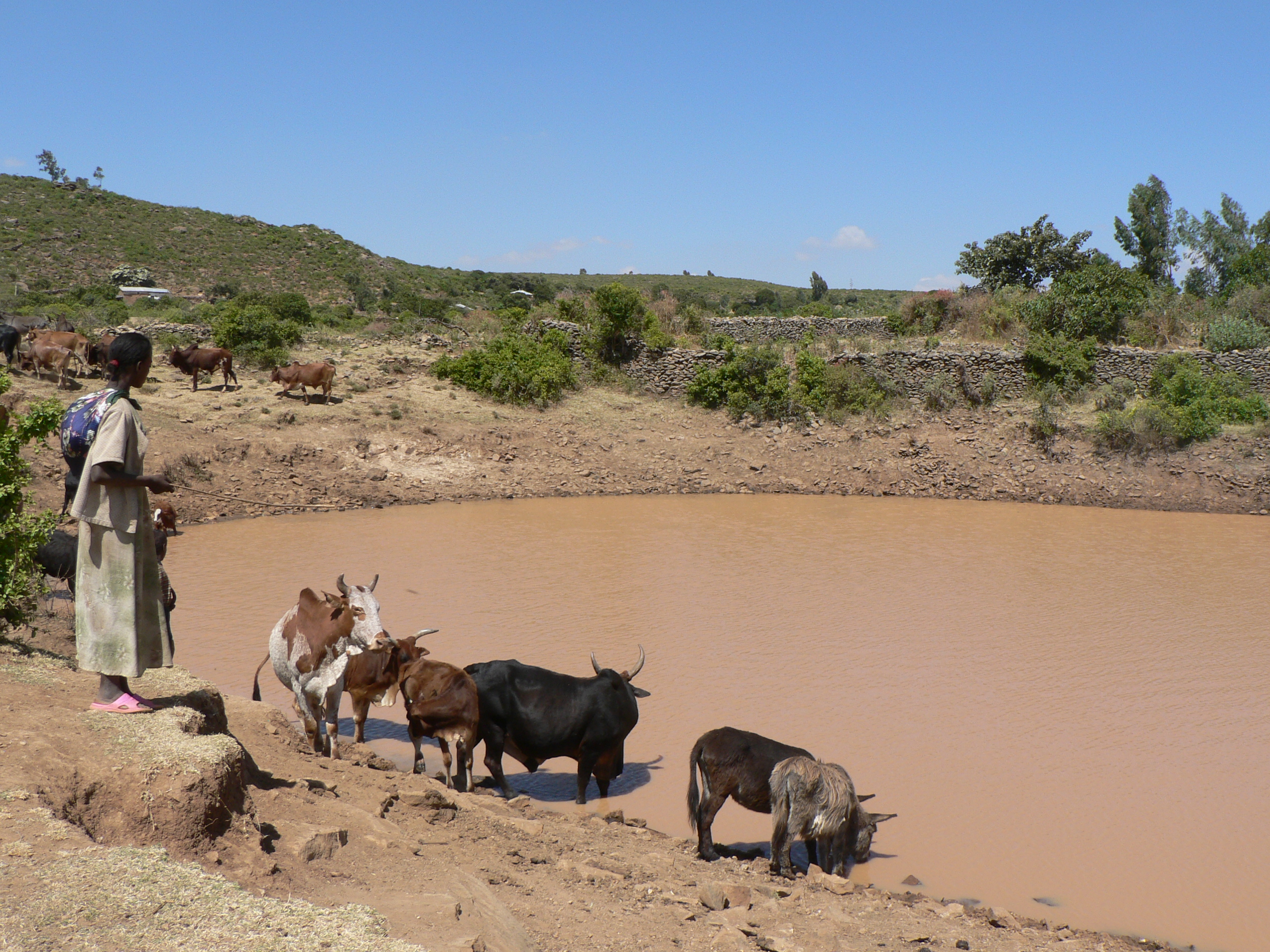Water and urban resilience: Geoarchaeology of African early towns
Urban Network Evolutions lecture by Assistant Professor Federica Sulas
Info about event
Time
Location
The Danish Institute at Athens (DIA), Herefondos 14, Athens, Greece

Abstract
The interplay between water and societies is a long-standing topic of archaeology, particularly within research on the rise and demise of past civilisations from the hydraulic engineering of Minoan cities to the water supply networks of early Roman towns. In Africa, water-stress and climate change have long been linked to the development of early urbanism. Previous studies have emphasised a linear, causal relation between rainfall patterns and urban dynamics: increased rainfall sustaining urban growth, prolonged low or failing rains leading to the collapse and abandonment. However, there is now increasing evidence that past urban societies developed different solutions to access, manage and deal with multiple forms of water. Drawing from recent and ongoing research, this lecture will employ a high-definition approach to discuss urban water systems at three early towns (1st?2nd mill. AD): Aksum in the northern Ethiopia, Unguja Ukuu on Zanzibar Island, and Great Zimbabwe on the Zimbabwe Plateau. These examples offer different trajectories of urban development in regions associated with chronic water stress in the past and today. By combing environmental proxies and archaeological records, the lecture will discuss the role of water in urban resilience and its relevance to contemporary debates on sustainable water systems.
This lecture, no. 5, is a part of a lecture series by Centre for Urban Network Evolutions (Urbnet), Aarhus University. UrbNet presents the lecture series Urban Network Evolutions at the Danish Institute in Athens in spring/fall 2017, focusing on the development of urban networks and the way in which urban encounters catalysed societal and cultural changes. During a total of six lectures, the subject of urbanism will be elucidated with reference to different geographical contexts: The Middle East, Africa and Northern Europe – as well as different types of evidence/finds: ceramics, metal and water management. Finally, perspectives will be offered on a new approach to the topic: High-Definition Archaeology.
Programme for the lecture series.
